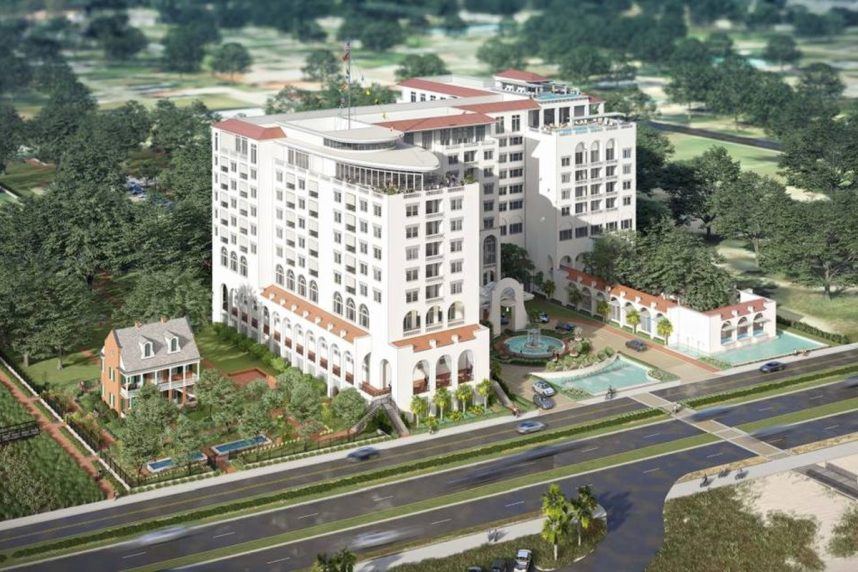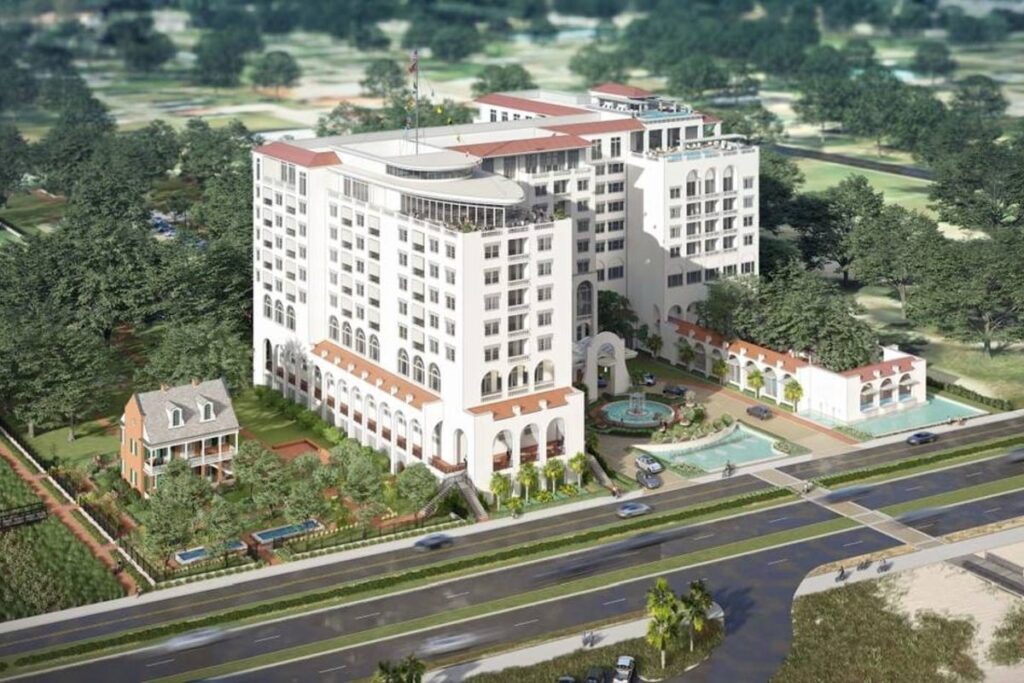Posted on: March 28, 2024, 09:45h.
Last updated on: March 28, 2024, 09:52h.
It was a busy week in the Mississippi State Capitol regarding gaming matters, as one powerful lawmaker proposed allowing a commercial casino resort in Jackson while other legislation stands to block a proposed $300 million gaming development on the Gulf Coast.

Mississippi House Ways and Means Committee Chair Trey Lamar (R-Lafayette) on Monday introduced a bill motioning to allow a casino in Jackson, the state capital. The pitch seemingly faced long odds from the onset, as Mississippi’s gaming industry for decades has been confined to the Coast and Mississippi River.
Lamar’s casino pitch would have allowed the stakeholders behind the state’s current commercial casinos to bid on a resort opportunity in the state capital. Mississippi is currently home to 12 casinos on the Gulf and 14 along the Mighty Mississippi. The state is also home to three Native American gaming facilities.
Lamar quickly fielded pushback for his enthusiasm to bring a casino to the central part of the state. After determining that he didn’t have the votes needed in the 122-member chamber, the Republican folded and rescinded the bill, but says he will resume the fight next year.
Vicksburg Opposition
Jackson is Mississippi’s most populated city with about 144K residents.
Named for General Andrew Jackson, a war hero in the War of 1812’s Battle of New Orleans who subsequently became the seventh president of the United States, Jackson’s population continues to decline. The US Census Bureau says Jackson saw the largest exodus between the 2010 and 2020 censuses of any major US city.
Lamar’s casino bill projected that a gaming resort would generate more than 1,000 jobs and provide new local tax revenue for city improvement projects. But casinos in Vicksburg and state reps from the city located about 50 miles west of the capital — the closest gaming destinations — were quick to oppose Lamar’s capital city casino campaign.
The Coast may survive it, but there’s no way anybody else could,” said House Leader Robert Johnson (D-Natchez) of a Jackson casino’s impact on current gaming markets.
“It would have been devastating,” added Rep. Oscar Denton (D-Vicksburg).
Tide Lease Bill
After Hurricane Katrina, the state amended its riverboat laws to allow land-based gaming along the Gulf. However, the brick-and-mortar gaming spaces must be located within 800 feet of the 19-year mean high water line average.
The Mississippi Supreme Court last year ruled that counties along the Gulf have the authority to sell lands that butt up against tidelands that are owned by the state without first obtaining a tidelands lease from the state. The vital ruling paved the way for businessman Ray Wooldridge’s long-stalled casino project at the intersection of Veterans Ave. and Beach Blvd. to move forward.
As a result of the ruling, state lawmakers are considering legislation that would require casino sites to have state tidelands leases. The bill is currently in a House conference committee that’s trying to iron out differences between the two legislative chambers.
Along with Woolridge’s development, the legislative outcome could determine whether a $300 million casino scheme called Tullis Garden in East Biloxi advances. The developers of the project have an agreement with Biloxi to purchase the eight-acre site from the city, which would include access to the tidelands to qualify the project for gambling.
The state’s current gaming interests are thought to be lobbying for the state tidelands bill to give Jackson more control and prevent further competition from coming to the Gulf. Gross gaming revenue along the Gulf Coast last year was down nearly 1%.



